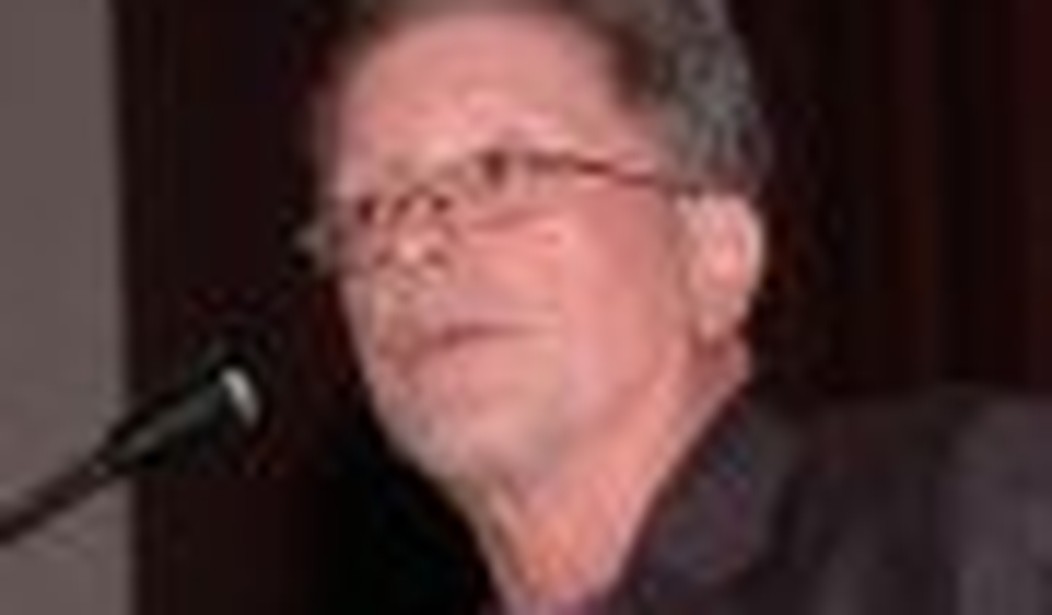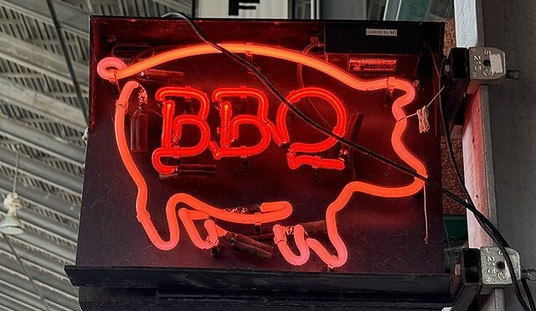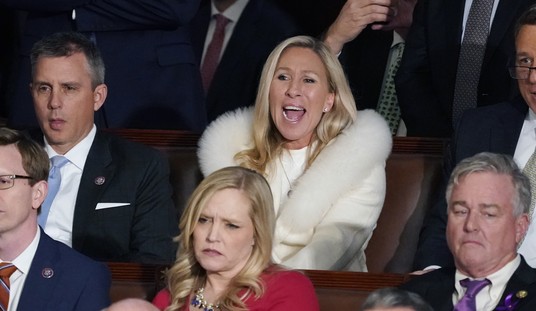Students at Georgia Southern University did not get to hear Bill Ayers speak last week for the now oft-given reason of expensive security. Like students at other campuses, some students there objected to the use of their student fees to bring in the co-founder of the Weather Underground. Ayers’ past also led Illinois State Senator Larry Bomke to call for his firing through his proposal to forbid a public university from employing someone who has “committed a violent act against the United States.”
“Ayers may be a respected professor and author to some people now, but that doesn’t excuse the horrible acts he has committed in the past” is what Georgia Southern senior Lance Sullivan told the student newspaper, the George-Anne Daily. It’s a testament to the ignorance of what goes on in colleges of education that such statements are often accepted as truisms.
Although his public speaking engagement was canceled, Ayers has traveled from the Midwest to this Georgia campus as a guest speaker in the College of Education and to serve on doctoral committees. As an endowed professor at the University of Illinois in Chicago, Ayers does the speaking circuit for conferences like the Council for American Studies Education, where he is touted as a “leader in the educational reform movements for over forty years.” This year’s theme, appropriately, was “Education and Change,” a diversion from last year’s theme, which was, naturally, “Art and War: Reading, Representing, and Resisting Conflict.” And he is scheduled to address future teachers and education professionals on March 19 at Pennsylvania’s Millersville University, founded as a teachers college. The protests at Millersville too are based on his past involvement with the Weathermen, while he is referred to as “a member of Chicago’s intellectual establishment.” The commonplace gets repeated on cable news programs. In October, Nebraska Governor Dave Heineman told Greta van Susteren that Ayers had been invited by the University of Nebraska’s College of Education for his expertise on urban education.
In fact, in their announcement Publishers Weekly called the upcoming graphic novel adaptation of Ayers’ To Teach: The Journey of a Teacher, “a much-praised memoir of Ayers’ life as a teacher.” They characterized him as a “serious and well-respected scholar” and described To Teach as a “peer-reviewed work of scholarship on Ayers’ teaching precepts as well as a vivid recollection of his adventures in the classroom.” Acquisitions editor Meg Lemke was quoted as saying that the original book is “a popular course adoption text.”
But there is precious little for serious scholars to review in this or any of his other books on education. Ayers offers a pastiche of self-promoting observations on the classroom, the need to inform children about “social justice,” like-minded radicals, and complaints about conservatives. Consider this from To Teach: “I know I celebrate a kind of teaching that is exceedingly rare. I know that becoming an outstanding teacher is an heroic quest: One must navigate turbulent and troubled waters, overcome a seemingly endless sea of obstacles, and face danger and challenge (often alone), on the way toward an uncertain reward. Teaching is not for the weak or the faint-hearted; courage and imagination are needed to move from myth to reality.” Such a passage inspires curiosity about the kind of drawing that might accompany it in the graphic novel.
Such self-aggrandizement occurs in his other books — and the fluffy style does indeed support the speculation that he was the ghost writer of Obama’s two autobiographies.
But sadder still is the fact that the teaching that Ayers “celebrates” is far from “exceedingly rare” these days. In fact, at Georgia Southern, one finds many professors whose areas of interest include “representations of diversity in children’s and young adult literature,” “gender issues in science, mathematics, and technology,” “cooperative learning,” and “identity development of Caribbean students.” These education professors also specialize in such things as “postcolonial theory,” “black feminist theory,” “poststructuralism,” “peace education,” and “queer theory.”
In To Teach, Ayers lists a number of “myths” about teaching. Number four is “Good teachers always know the materials.” Such an assertion flies in the face of research that indicates that knowledge is the most important quality of the teacher when it comes to student achievement. But when education majors take classes like “Education and Cultural Diversity” and “Introduction to Social Justice Education,” as they do at a major Atlanta university, little time is left to focus on subject areas.
Indeed, the model is the 1960s “freedom schools,” those schools that Stokely Carmichael taught in and whom Ayers references. In To Become a Teacher, Ayers repeats nostrums like “classrooms should honor diversity truly and fully,” and that children should “co-construct values” and be exposed to “community engagement and involvement.” In the collection Teaching for Social Justice, Ayers includes a piece by Rashid Khalidi, the pro-Palestinian professor who helped Barack Obama get into Columbia. In the suggested reading, amid offerings by Howard Zinn, Jonathan Kozol, and other left-wing ideologues, Ayers presents Obama’s Dreams from My Father.
A survey reveals what those of us in the academy already know: “the proportion of professors who believe it is very important to teach undergraduates to become ‘agents of social change’ is substantially larger than the proportion who believe it is important to teach students the classic works of Western civilization.”
And it seems that education colleges are churning out teachers more concerned with being “agents of social change” than the three “R”s. Little wonder, then, that Ayers’ book is being reissued as a graphic novel. Little wonder that student groups sponsored Ayers’ visit on March 5 to the University of Colorado to speak in defense of ethnic studies professor Ward Churchill, who was fired for plagiarism and not for calling 9/11 victims “little Eichmanns.” We can thank their teachers for planting in their heads notions about “social change” that would lead to their ignorantly calling the event “Forbidden Education and the Rise of NeoMcCarthyism.”









Join the conversation as a VIP Member